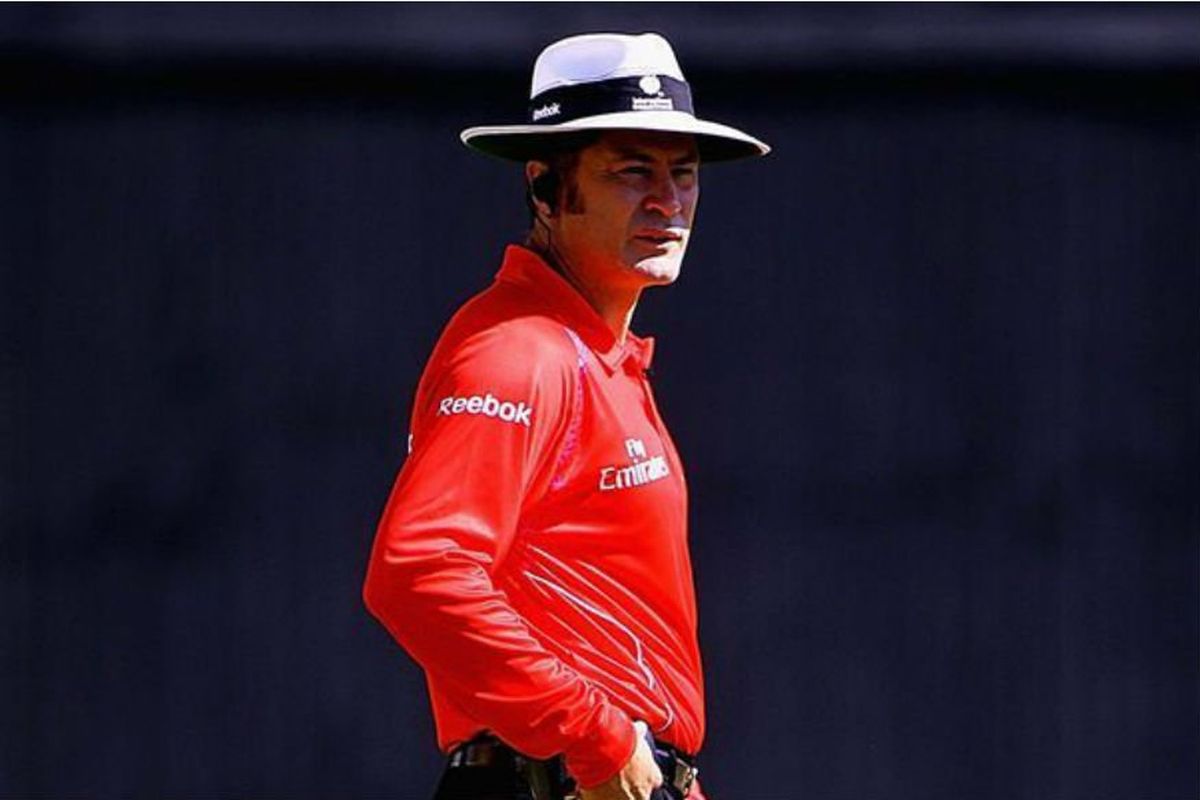Former veteran umpire Simon Taufel has stated that the decision of the on-field umpires to give six runs to England for the overthrow in the final over of the match was a mistake. He went on to state that it was, in fact, an “error in judgment”.
Post the match, questions are being asked about the decision to award six runs in the final over and a lot of debates and discussions are happening about the International Cricket Council’s (ICC’s) laws for such an incident.
Advertisement
The heart of the matter is that England needed 9 runs to win off the last three deliveries to lift the World Cup. However, it was only then that an overthrow gave England extra runs.
England were given six runs. The throw from Martin Guptill deflected off Stokes’s bat and went for a boundary.
The match tilted in England’s favour just then. However, giving his verdict on the issue, Taufel said that it would be unfair to conclude that because of that decision New Zealand lost the final.
“It’s a clear mistake it’s an error of judgment. In the heat of what was going on, they thought there was a good chance the batsmen had crossed at the instant of the throw,” Simon Taufel told Fox Sports.
“Obviously TV replays showed otherwise.”
“The difficulty you (umpires) have here is you’ve got to watch batsmen completing runs, then change focus and watch for the ball being picked up, and watch for the release (of the throw). You also have to watch where the batsmen are at that exact moment,” he added.
However, what is worth noting here is that had five runs been given to England, it would have been Adil Rashid on strike instead of Ben Stokes and a run more to score- a much easier equation for New Zealand.
ICC Rule revolving around the issue
19.8 Overthrow or wilful act of fielder
“If the boundary results from an overthrow or from the wilful act of a fielder, the runs scored shall be any runs for penalties awarded to either side and the allowance for the boundary and the runs completed by the batsmen, together with the run in progress if they had already crossed at the instant of the throw or act.”
